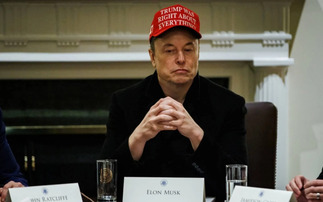The waste-to-energy market is expected to surpass $70bn by 2030, according to a recent study by Global Market Insights, as governments pursue reductions in methane production agreed during COP26. But is this method of turning our commercial and residential refuse into energy the sustainable solution some claim it to be?
Waste-to-energy is a process which generates electricity and/or heat from the incineration of waste. It is considered to be a form of renewable energy and is an effective way of treating waste to avoid most of it going to landfill. It is not only relevant for municipal waste, either. Businesses have been paying greater attention to their carbon footprint in recent years, and harnessing waste-to-energy (WTE) methods as a way to reduce their impact on the environment. In the US, there are currently 75 facilities recovering energy from the combustion of municipal solid waste (MSW). These...
To continue reading this article...
Join Investment Week for free
- Unlimited access to real-time news, analysis and opinion from the investment industry, including the Sustainable Hub covering fund news from the ESG space
- Get ahead of regulatory and technological changes affecting fund management
- Important and breaking news stories selected by the editors delivered straight to your inbox each day
- Weekly members-only newsletter with exclusive opinion pieces from leading industry experts
- Be the first to hear about our extensive events schedule and awards programmes









